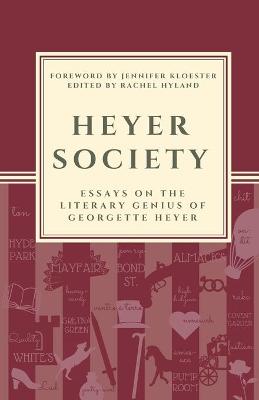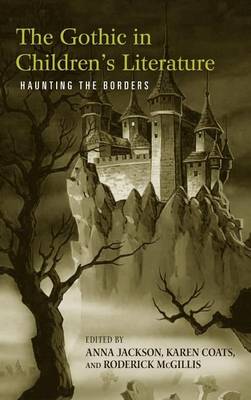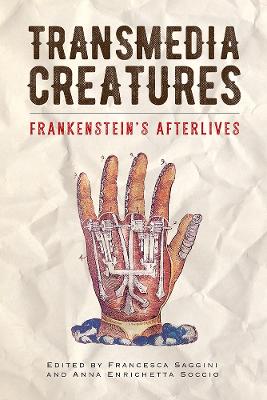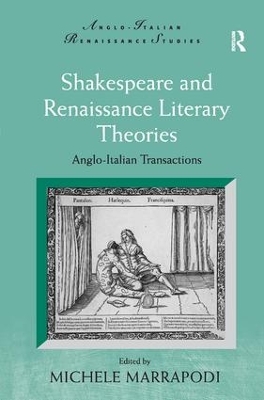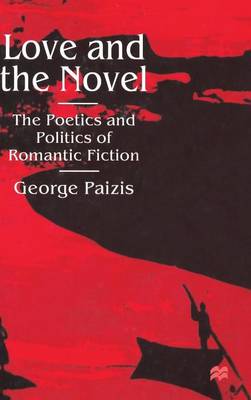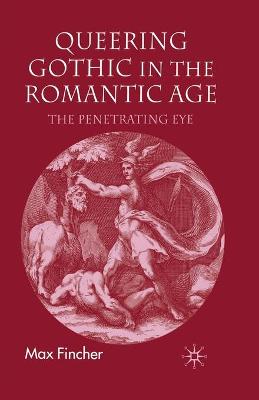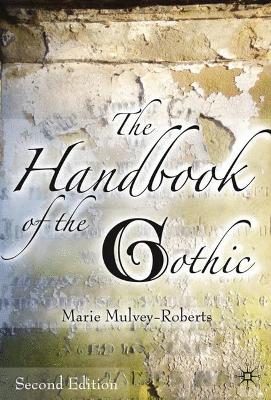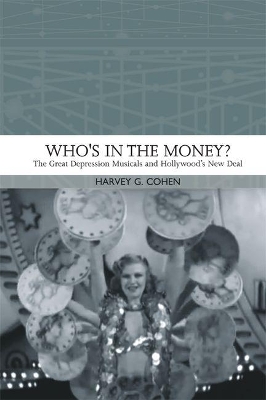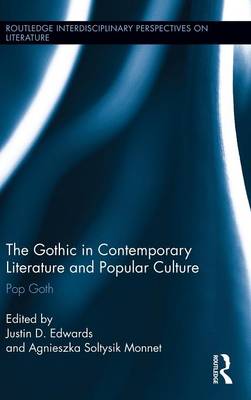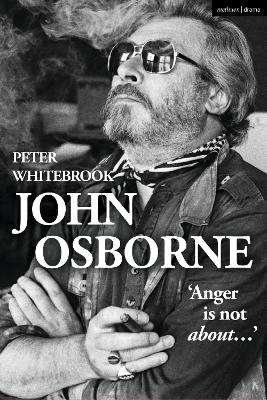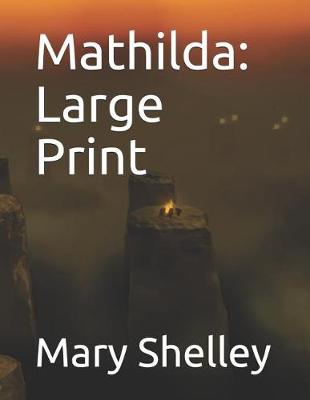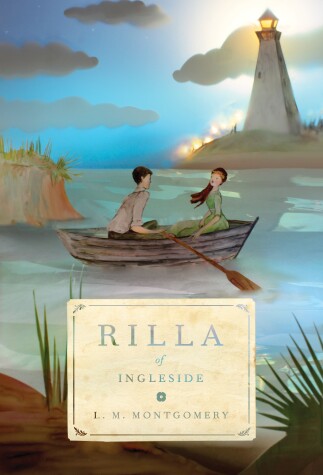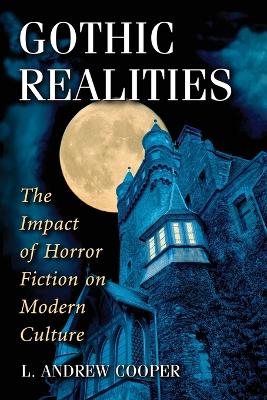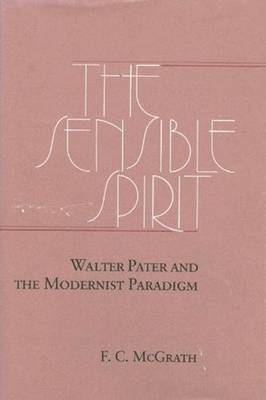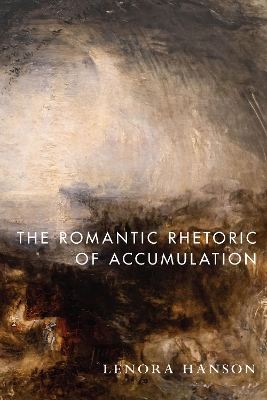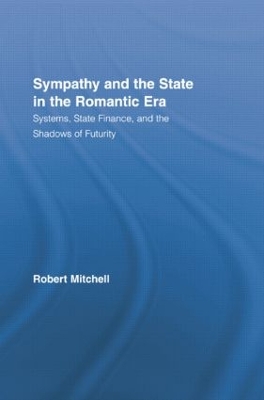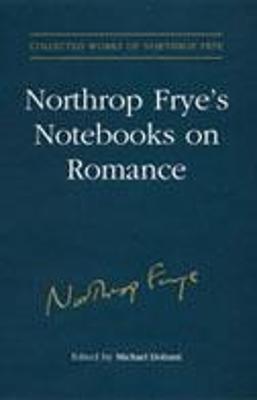Heyer Society - Essays on the Literary Genius of Georgette Heyer
by Sebastian Cat
This is the first and only complete edition of all the published writings of Mary Wollstonecraft, the mother of the feminist movement. Wollstonecraft's writings include fiction, journalism, reviews, and diaries, and confirm her place in history as a signinficant force in the young rationalist movement in education and politics. The set features extensive footnotes, a comprehensive index, a general introduction, and specialist introductions to each selection, and is handsomely bound in pure wdove...
Transmedia Creatures
On the 200th anniversary of the first edition of Mary Shelley's Frankenstein, Transmedia Creatures: Frankenstein's Afterlives presents studies of Frankenstein by international scholars from converging disciplines such as humanities, musicology, film studies, television studies, English and digital humanities. These innovative contributions investigate the afterlives of a novel taught in a disparate array of courses - Frankenstein disturbs and transcends boundaries, be they political, ethical, th...
Shakespeare and Renaissance Literary Theories (Anglo-Italian Renaissance Studies)
Throwing fresh light on a much discussed but still controversial field, this collection of essays places the presence of Italian literary theories against and alongside the background of English dramatic traditions, to assess this influence in the emergence of Elizabethan theatrical convention and the innovative dramatic practices under the early Stuarts. Contributors respond anew to the process of cultural exchange, cultural transaction, and generic intertextuality involved in the debate on dr...
The popularity of romance fiction is such that it constitutes nearly one quarter of new paperback fiction printed in the world. Its success depends on its ability to reflect and articulate the reader's aspirations for a better life and stands at the same time as a testament to her alienation. This fresh look at the romantic fiction seeks to discover the reason for its appeal by combining analysis of the poetics of the genre with a study of the real reader's intervention.
This book argues that Gothic writing of the Romantic period is queer. Using a variety of texts, it argues that contemporary queer theory can help us to read the obliqueness and invisibility of same-sex desire in a culture of vigilance. Fincher shows how the Gothic's ambivalent gender politics destabilize heteronormative narratives.
The Handbook of the Gothic
This revised new edition of The Handbook of the Gothic contains over one hundred entries on Gothic writers, themes, terms, concepts, contexts and locations, featuring new entries on writers including Stephen King and Wilkie Collins, new genres and a new Preface which situates the handbook within current studies of the Gothic.
Explores the connections and tensions between Warner Bros. and the Roosevelt administration during 1933Harry and Jack Warner were among the most important advocates and fundraisers of President Franklin Roosevelt during his 1932 presidential campaign, supporting his New Deal legislation in successful Great Depression musicals like '42nd Street, Gold Diggers of 1933', and 'Footlight Parade'. But while the Warner brothers posed as exemplars of the New Deal in real life and in their movies, they we...
This interdisciplinary collection brings together world leaders in Gothic Studies, offering dynamic new readings on popular Gothic cultural productions from the last decade. Topics covered include, but are not limited to: contemporary High Street Goth/ic fashion, Gothic performance and art festivals, Gothic popular fiction from Twilight to Shadow of the Wind, Goth/ic popular music, Goth/ic on TV and film, new trends like Steampunk, well-known icons Batman and Lady Gaga, and theorizations of popu...
This book has been nominated for both the Sheridan Morley Prize for biography, and the Theatre Book Prize. A story of a man whose star rose very quickly and very early, and fell slowly and inexorably. A story of a man who knew himself perhaps too well, but not particularly wisely. It is exhilarating, perplexing and tragic. This new biography offers the most rounded portrait of Osborne yet seen. By embedding him in a social and cultural as well as a biographical context, Whitebrook presents O...
But my father, my beloved and most wretched father... Would he never overcome the fierce passion that now held pitiless dominion over him? With its shocking theme of father-daughter incest, Mary Shelley’s publisher—her father, known for his own subversive books—not only refused to publish Mathilda, he refused to return her only copy of the manuscript, and the work was never published in her lifetime. His suppression of this passionate novella is perhaps understandable—unlike her first bo...
Simple Wordsworth (RLE: Wordsworth and Coleridge, #4)
by John F. Danby
First published in 1960, this book studies Wordsworth's 'simple' poems, such as the Lyrical Ballads, as products of a sophisticated and powerfully successful literary genius. The author aims to approach the poems as perhaps Wordsworth expected his first readers to; but as they have never been in fact. The result of this approach is to discover a Wordsworth far different to that which he has previously been presented as - the 'Sage of Rydal' at one extreme and a naive perpetrator of poetical blun...
Rilla of Ingleside (Arcturus Essential Anne of Green Gables) (Anne of Green Gables series, #8)
by L. M. Montgomery
It's 1914 and the world is on the brink of war. But at almost fifteen, Anne and Gilbert's youngest daughter, Rilla, dreams only of her first dance and getting her first kiss from the dashing Kenneth Ford. Soon, however, even far-off Ingleside is engulfed by Europe's raging conflict, as Rilla's brothers Jem and Walter both enlist, and Rilla finds herself caring for an orphaned newborn. As the conflict spreads, the Blythes wait anxiously for word of their absent sons, and a bad omen leads them...
This study analyses four new genres of literature and film that have evolved to accommodate and negotiate the changing face of postcolonial Britain since 1990: British Muslim Bildungsromane, gothic tales of postcolonial England, the subcultural urban novel and multicultural British comedy.
Early literary critics feared Gothic's potential to corrupt youth, inspire deviant sexuality, instill heretical beliefs, and encourage antisocial violence. This book examines Gothic and horror fictions over the last three centuries, from their literary foundations to the influence on modern popular culture. Topics covered include homosexuality, interest in paranormal research, and violent school shootings.
The Romantic Rhetoric of Accumulation provides an account of the long arc of dispossession from the British Romantic period to today. Lenora Hanson glimpses histories of subsistence (such as reproductive labor, vagrancy and criminality, and unwaged labor) as figural ways of living that are superfluous—simultaneously more than enough to live and less than what is necessary for capitalism. Hanson treats rhetorical language as an archive of capital's accumulation through dispossession, in works by...
Sympathy and the State in the Romantic Era (Routledge Studies in Romanticism, #8)
by Robert Mitchell
Sympathy and the State in the Romantic Era explores a fascinating connection between two seemingly unrelated Romantic-era discourses, outlining the extent to which eighteenth and early nineteenth century theories of sympathy were generated by crises of state finance. Through readings of authors such as David Hume, Adam Smith, William Wordsworth, and P.B. Shelley, this volume establishes the ways in which crises of state finance encouraged the development of theories of sympathy capable of accoun...
Northrop Frye's Notebooks on Romance (Collected Works of Northrop Frye, #15)
by Northrop Frye
Romance was a theme that ran through much of Northrop Frye's corpus, and his notebooks and typed notes on the subject are plentiful. This unpublished material, written between 1944 and 1989, traces a remarkable re-evaluation in his thinking over the course of time. As a young scholar, Frye insisted that romance was an expression of cultural decadence; however, in his later years, he thought of it as "the structural core of all fiction." The unpublished material Michael Dolzani has gathered for...
